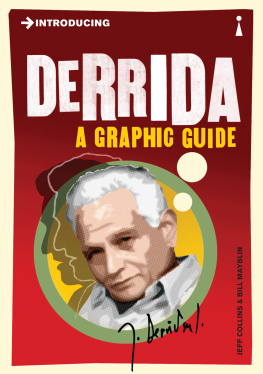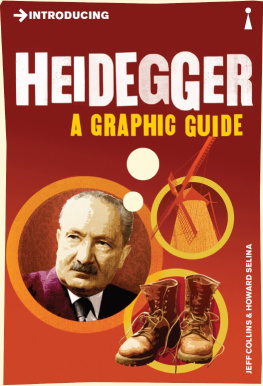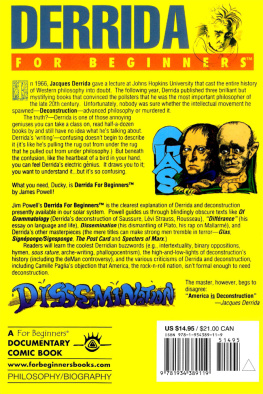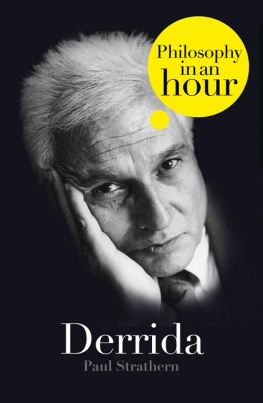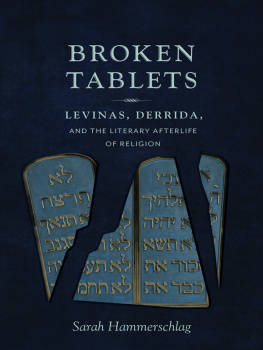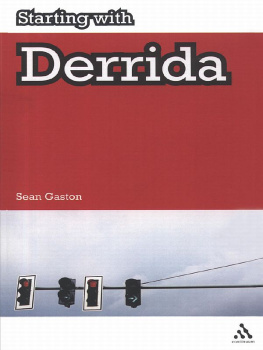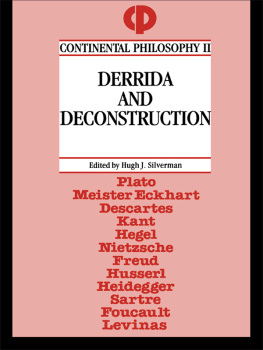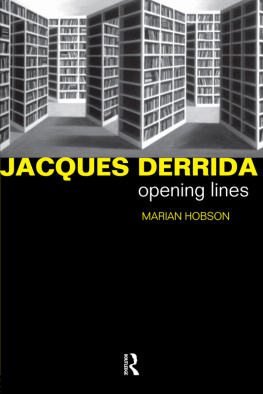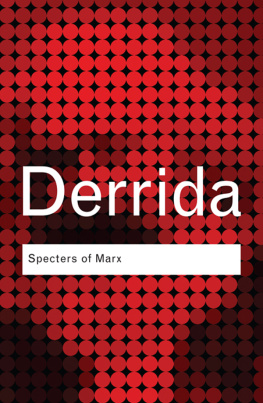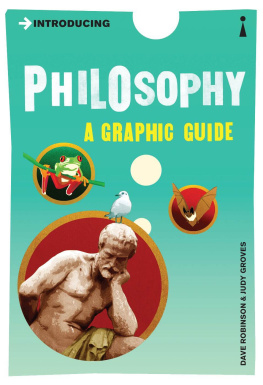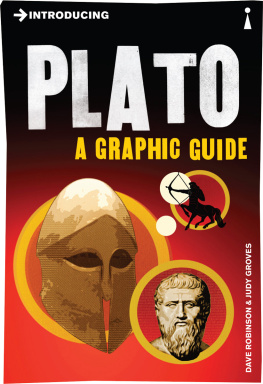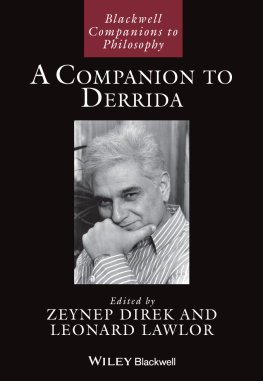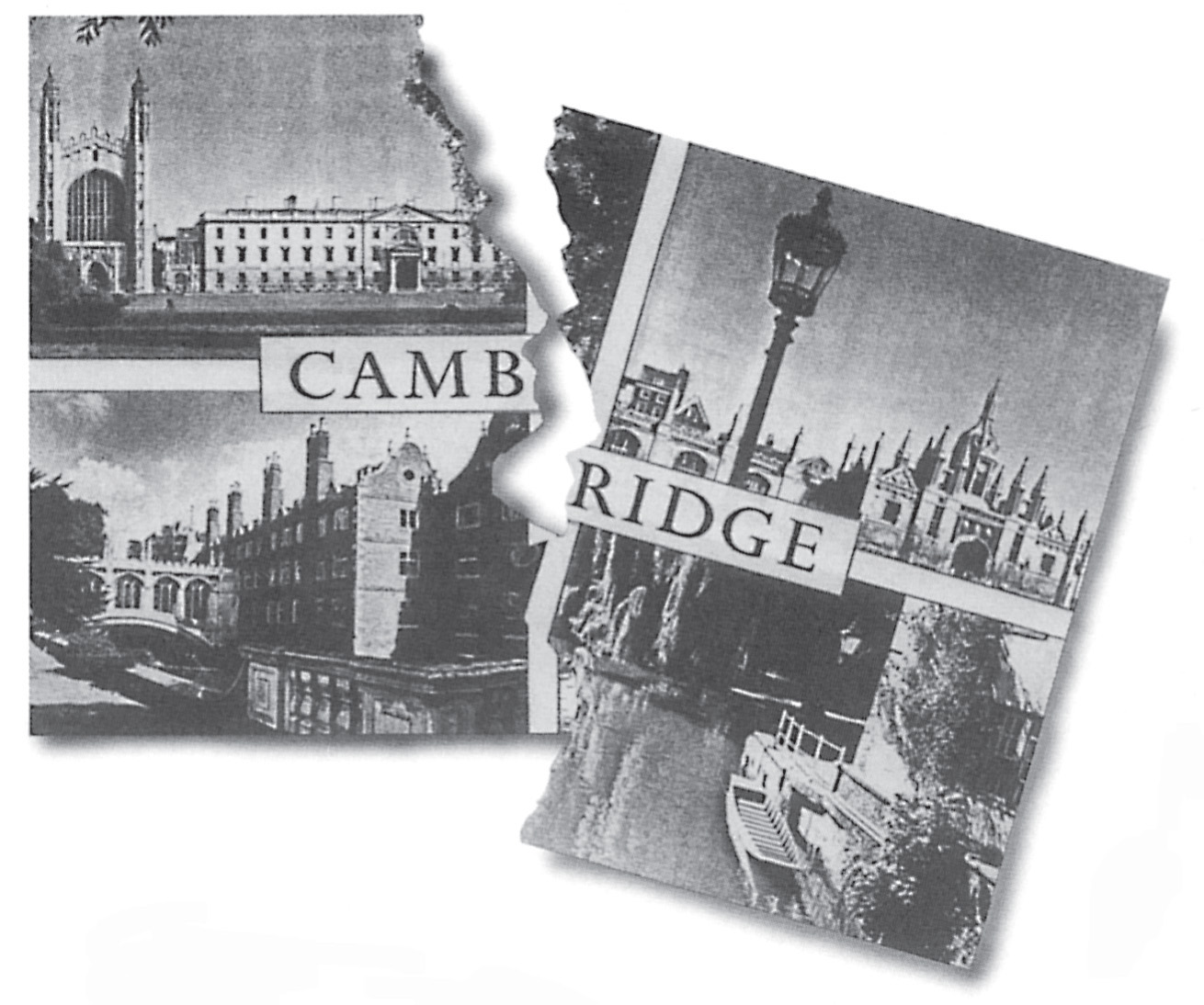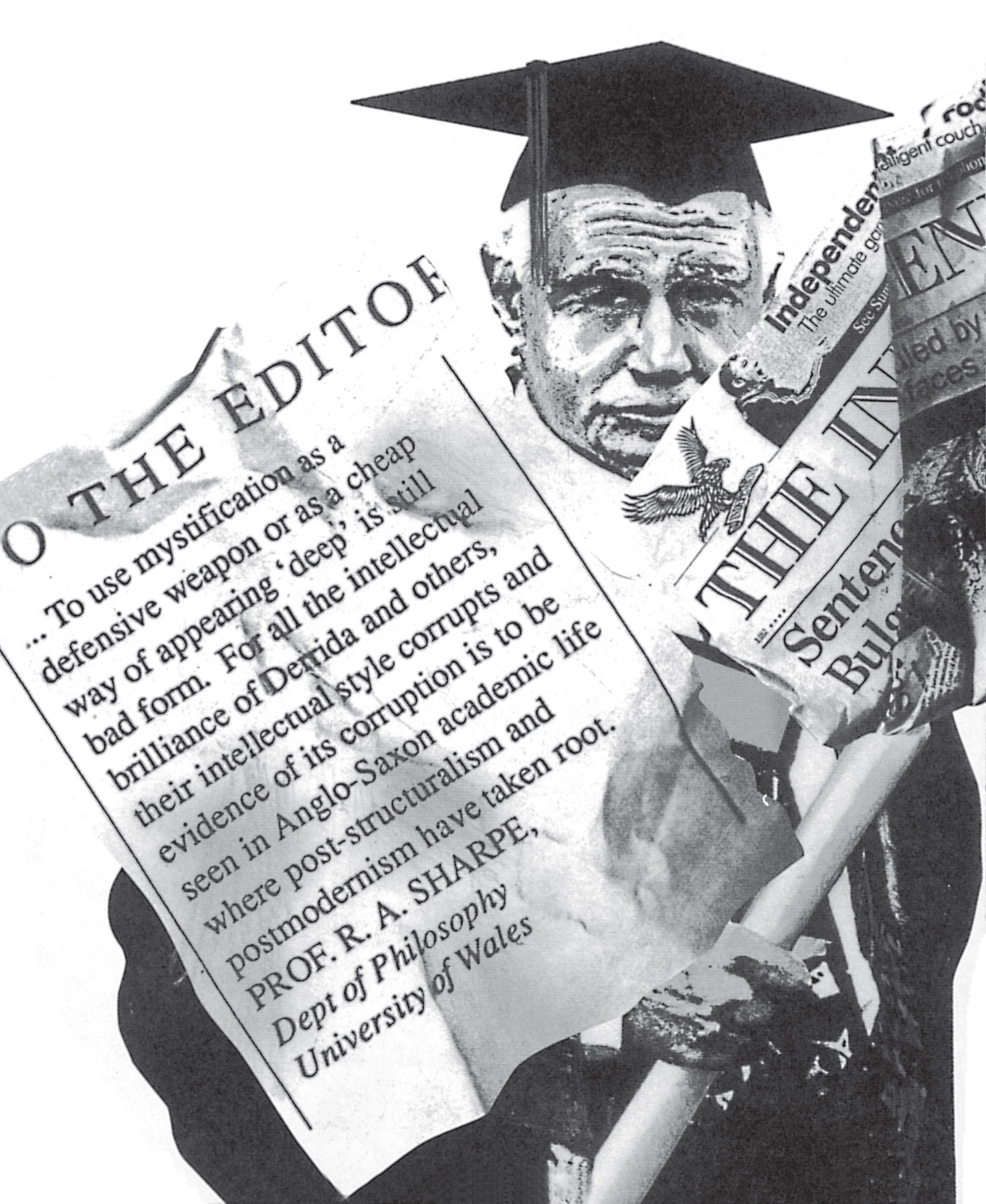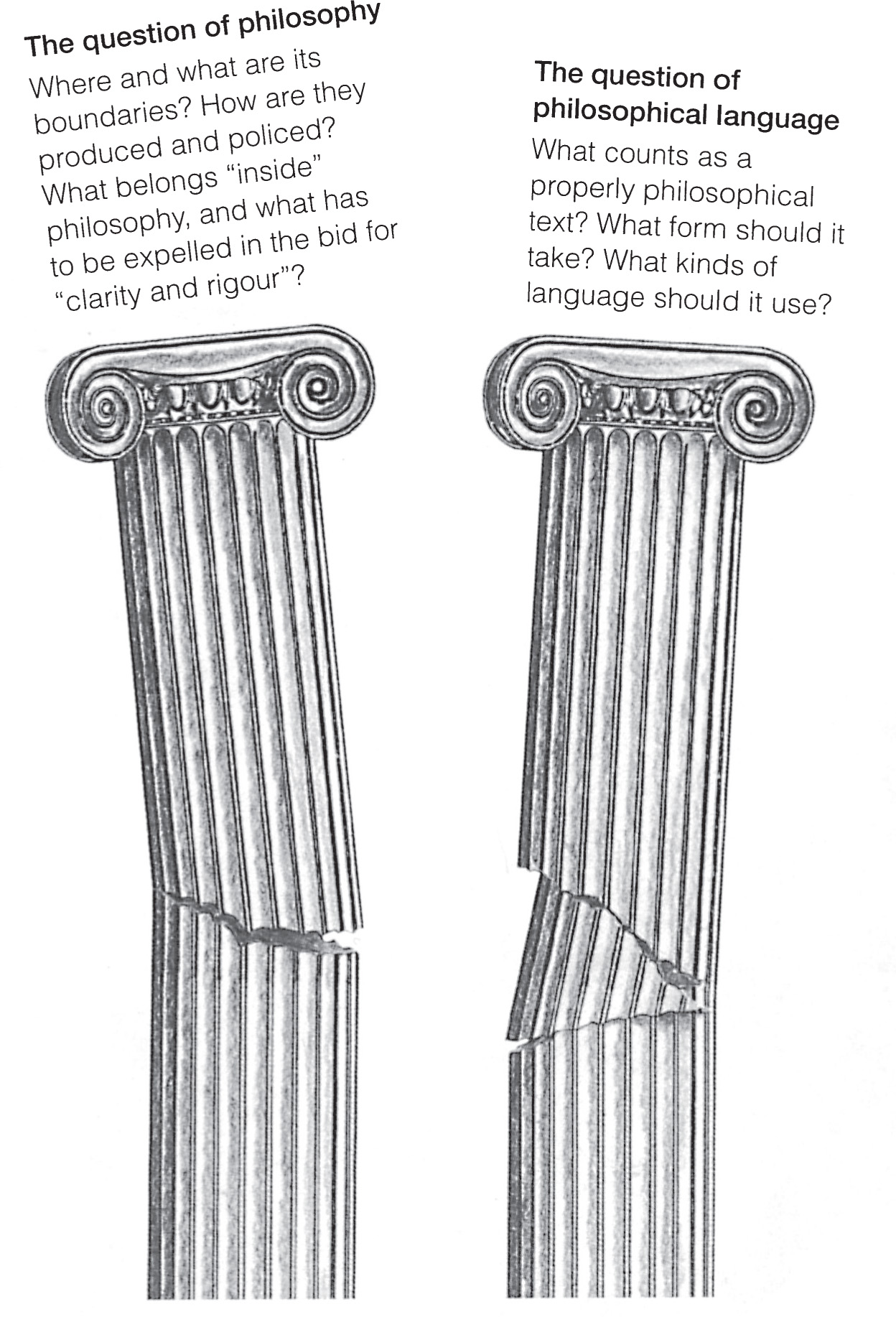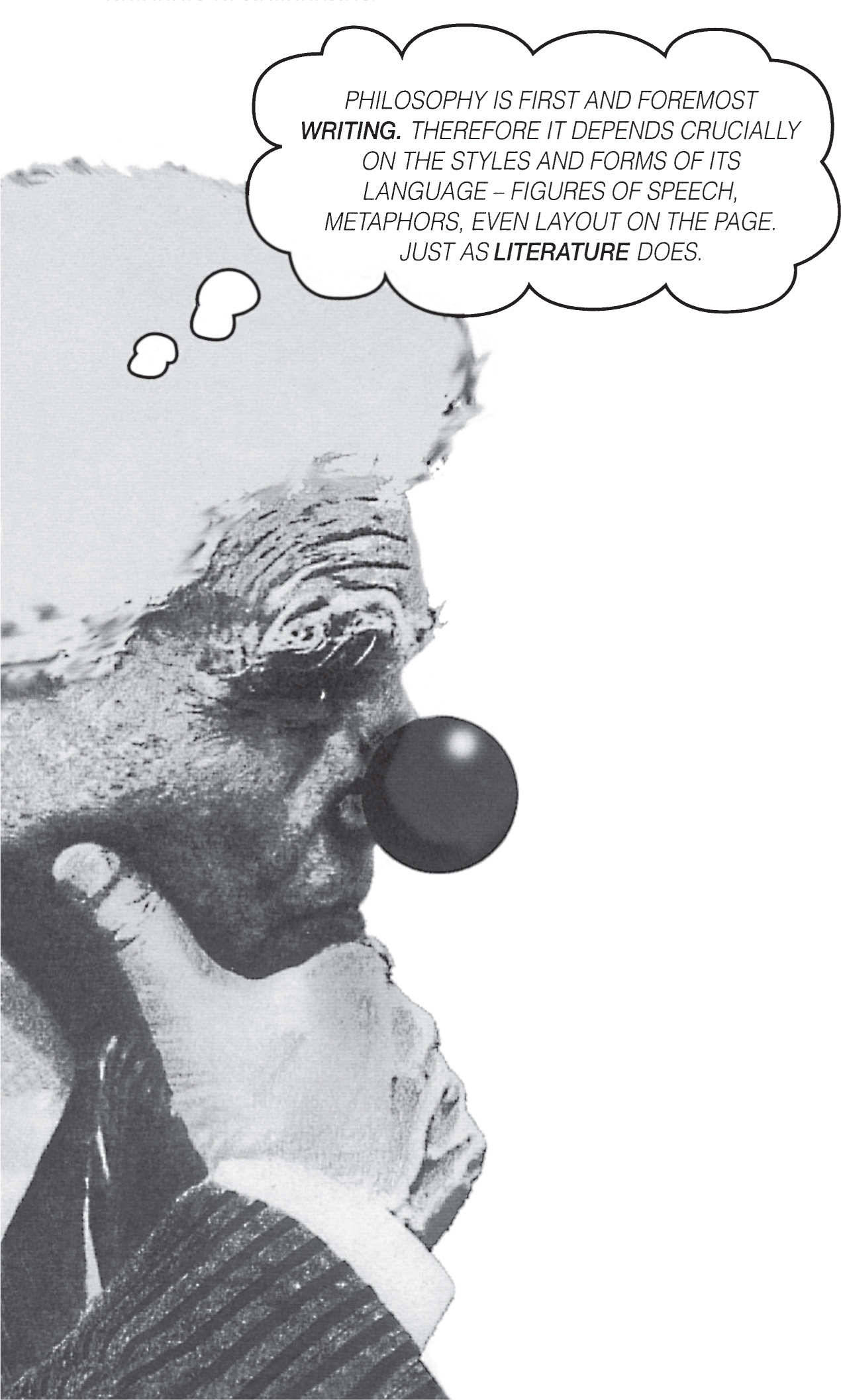Published by Icon Books Ltd, Omnibus Business Centre, 39-41 North Road, London N7 9DP
Email:
www.introducingbooks.com
ISBN: 978-184831-205-0
Text copyright 1996 Jeff Collins
Illustrations copyright 2012 Icon Books Ltd
The author and illustrator has asserted their moral rights
Originating editor: Richard Appignanesi
No part of this book may be reproduced in any form, or by any means, without prior permission in writing from the publisher.
Contents
Who was Derrida?
Jacques Derrida was a philosopher. Yet he never wrote anything straightforwardly philosophical.
His work has been heralded as the most significant in contemporary thinking. But its also been denounced as a corruption of all intellectual values.
Derrida has famously been associated with something called DECONSTRUCTION. Yet of all development in contemporary philosophy, deconstruction might be the most difficult to summarize
What Is Deconstruction?
There have been many answers.
All of these (and more) have been said of deconstruction. But theres some consensus on one point: its leading exponent has been Jacques Derrida.
Derridas writing undermines our usual ideas about texts, meanings, concepts and identities not just in philosophy, but in other fields as well.
Reactions to this have ranged from reasoned criticism to sheer abuse deconstruction has been controversial. Should it be reviled as a politically pernicious nihilism, celebrated as a philosophy of radical choice and difference or what?
Theres much more to Derridas work than the public controversies suggest. But controversy can reveal something about whats at stake in contemporary philosophy. A small quarrel at Cambridge has done precisely that
BORDER LINES
According to a tradition dating from 1479, English universities award honorary degrees to distinguished people. Its never been quite clear why. But its assumed that both parties benefit.
On 21 March 1992, senior members of the University of Cambridge gathered to decide its annual awards. It should have been a formality no candidate had been opposed for twenty-nine years. But the name Jacques Derrida was on the list. Four of the dons ritually declared non placet (not contented). They were Dr Henry Erskine-Hill, Reader in Literary History; Ian Jack, Professor of English Literature; David Hugh Mellor, Professor of Philosophy; Raymond Ian Page, Bosworth Professor of Anglo-Saxon. And they forced the University to arrange a ballot.
NON PLACET NON PLACET NON PLACET NON PLACET
There were two problems. First, this was a boundary dispute. Most of Derridas proposers were members of the English faculty, but by training and profession Derrida was a philosopher. But more trenchantly, Cambridge traditionalists in both disciplines saw Derridas thinking as deeply improper, offensive and subversive.
Campaigns were organized, and the Press was alerted. To the outraged dons, Derrida represented an insidious, fashionable strand of French theory. They struck Anglo-Saxon attitudes
FRENCH ACADEMIC PHILOSOPHY RUNS BY A SYSTEM OF MANDARINS AND GURUS AND FASHIONS. THEY WOULD BE GENERALLY PERCEIVED BY BRITISH PHILOSOPHERS AS NOT HAVING THE SAME STANDARDS OF PRECISION AND CLARITY AND RIGOUR WE WOULD. [David-Hillel Ruben] LOTS OF PEOPLE THESE DAYS INVOKE SOMETHING CALLED THEORY, WHICH I THINK A PROPER PHILOSOPHER WOULD NOT ADMIT TO. WHAT SORT OF WRITER IS DERRIDA? IS HE A FAILED THEORIST? IF NOT A THEORIST, THEN WHAT IS HE? [Henry Erskine-Hill] THE FRENCH EXCEL IN FABRICATED TERMS OF SHIFTY MEANING WHICH MAKE IT IMPOSSIBLE TO DETECT AT WHAT POINT PHILOSOPHICAL SPECULATION TURNS TO GIBBERISH. DECONSTRUCTION IS A THEORY WHICH APPEARS TO LEND ITSELF MOST READILY TO BABBLING OBFUSCATION [Peter Lennon]
THESE ARE ABSURD DOCTRINES WITH DISMAYING IMPLICATIONS. THEY DEPRIVE THE MIND OF ITS DEFENCES AGAINST DANGEROUSLY IRRATIONAL IDEOLOGIES AND REGIMES. [Prof. David Mellor and others anti-Derrida flysheet] TO CALL HIS THINKING NIHILIST WOULD BE TO FLATTER IT BY SAYING IT WAS INTELLIGIBLE [Prof. Barry Smith in The Times.]
19 academics summed up the indictments in a letter to The Times:
Derrida is accused of obfuscation, trickery and charlatanism.
Hes not a philosopher, hes a flim-flam artist. And strangely, his trivial joking gimmickry is seen as a powerful threat to philosophy a corrosion in the very foundations of intellectual life.
But Derrida had his defenders, such as Jonathan Re: The traditionalists were offering a mere and meagre argument from authority. They were refusing the possibility of dissent from established systems an establishment stance, yes, but scarcely a philosophical stance
The ballot on 16 May vindicated Derrida and his supporters by 336 votes to 204. Derrida collected his award. But the dispute has continued.
What was at stake? Underneath the posturing, there were two important questions:
If the dons had wanted a rigorous address to these questions, they might have found one in the writings of a certain Jacques Derrida
The Critique of Philosophy
Derridas writing is a radical critique of philosophy. It questions the usual notions of truth and knowledge. It disrupts traditional ideas about procedure and presentation. And it questions the authority of philosophy.
PHILOSOPHY IS FIRST AND FOREMOST WRITING. THEREFORE IT DEPENDS CRUCIALLY ON THE STYLES AND FORMS OF ITS LANGUAGE FIGURES OF SPEECH, METAPHORS, EVEN LAYOUT ON THE PAGE JUST AS LITERATURE DOES.
So Derrida writes philosophy in something like literary ways. Thats one reason for the anxieties at Cambridge. Derridas critique of philosophy puts boundaries between philosophy and literature into question.
Derrida has destabilized other boundaries. Hes taken his way of doing philosophy into art, architecture, law and politics. Hes engaged with nuclear disarmament, racism, apartheid, feminist politics, the question of national identities, and other issues including the authority of teaching institutions.

